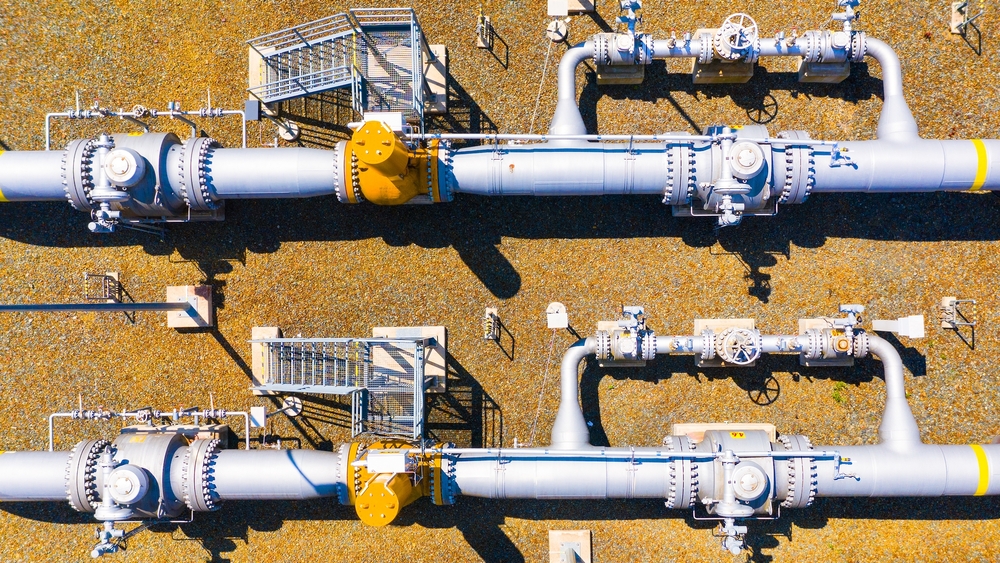
The European Union (EU) has significantly increased its attempts to sever relations with Russian nuclear materials, goods, and services. This decision is the latest step in a strategy to eliminate Russian energy resource imports altogether. In 2024, the EU had sourced over 14% of its uranium from Russia. This reality makes it all the more critical that we move beyond reliance on Russian energy.
In June, the European Commission is expected to release a package of legislative proposals. These voluntary measures will obligate every EU member state to devise their own “national plans” for phasing out imports of Russian gas, nuclear fuel, and oil. This initiative underscores the EU’s commitment to bolster energy security in the wake of geopolitical tensions exacerbated by Russia’s actions.
Action Plan to Address Shadow Fleets
To advance this objective, the European Commission has developed an action plan aimed at preventing Russia from using “shadow fleets.” Most of these oil tankers are unowned and uninsured. They let Russia continue to export its oil and escape the effects of sanctions. The EU seems to be trying to do this very broadly in order to close any leaks from the sanctions regime.
The EU has drastically reduced its dependence on Russian oil. Imports cratered from 27% in early 2022 to just 3% today. However, challenges remain in the nuclear sector. Member states are furiously drafting plans to end their dependency on Russia for supply of uranium and enriched uranium. They are working to ensure other nuclear materials are secured, too.
European Commissioner for Energy Dan Jorgensen shook off those challenges with cautiously optimistic words at a news conference in Strasbourg Tuesday. To avert negative consequences on the EU’s energy landscape, he urged a gradual approach to the transition.
“We’ve come far, but not far enough,” – Jorgensen
He reiterated the EU’s determination to make sure that Russia will never again be able to weaponize energy against EU member states. Jorgensen stated, “No more will we permit Russia to weaponise energy against us… No more will we indirectly help fill up the [Kremlin’s] war chests.”
Author’s Opinion
The EU’s strong stance against Russia’s energy leverage is commendable, but a gradual, well-coordinated transition will be critical to avoid any disruptions that could harm its member states’ energy stability. The real challenge lies in executing these ambitious plans while mitigating economic and social costs.
Featured image credit: UK Energy Research Centre
For more stories like it, click the +Follow button at the top of this page to follow us.
